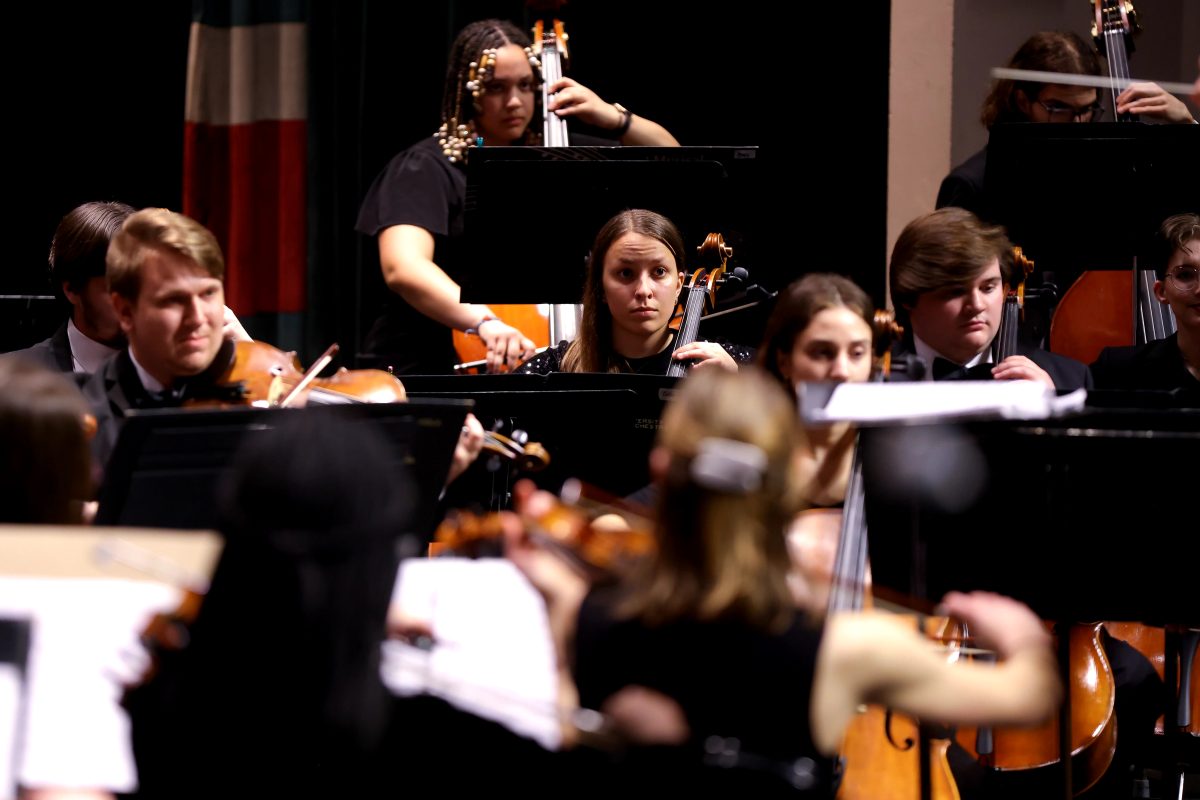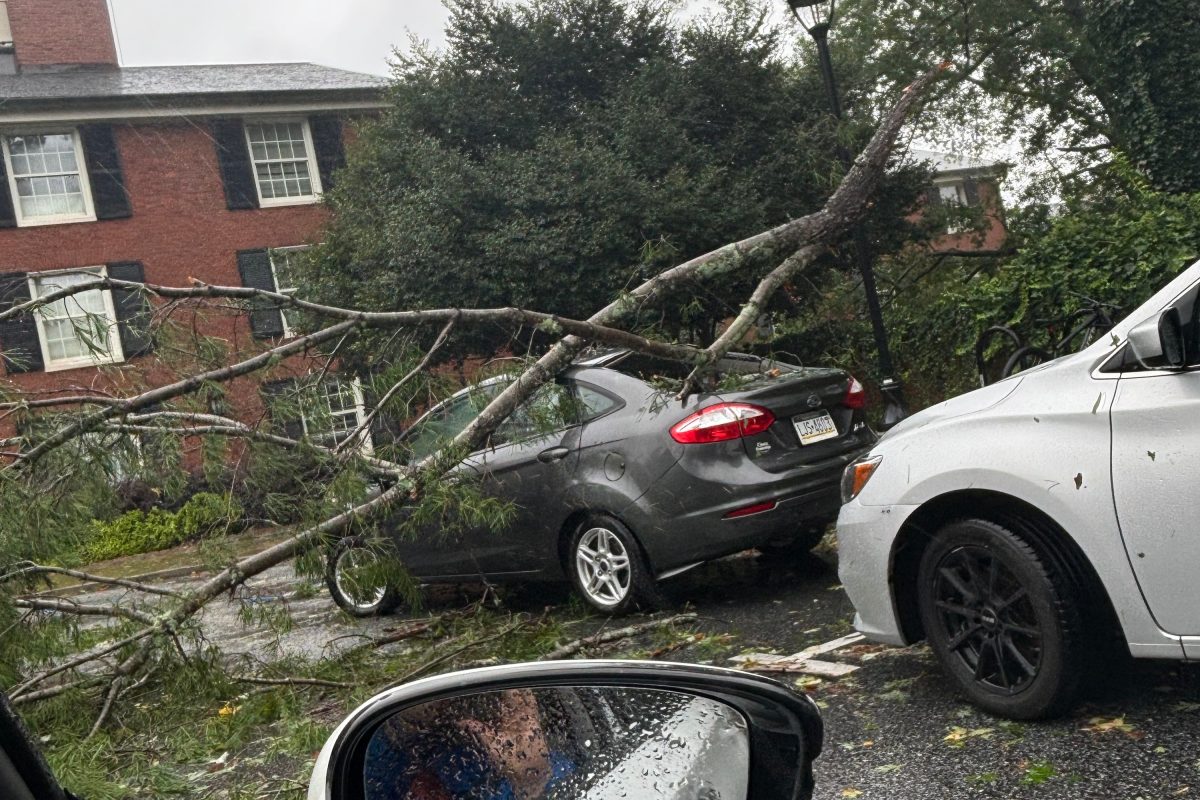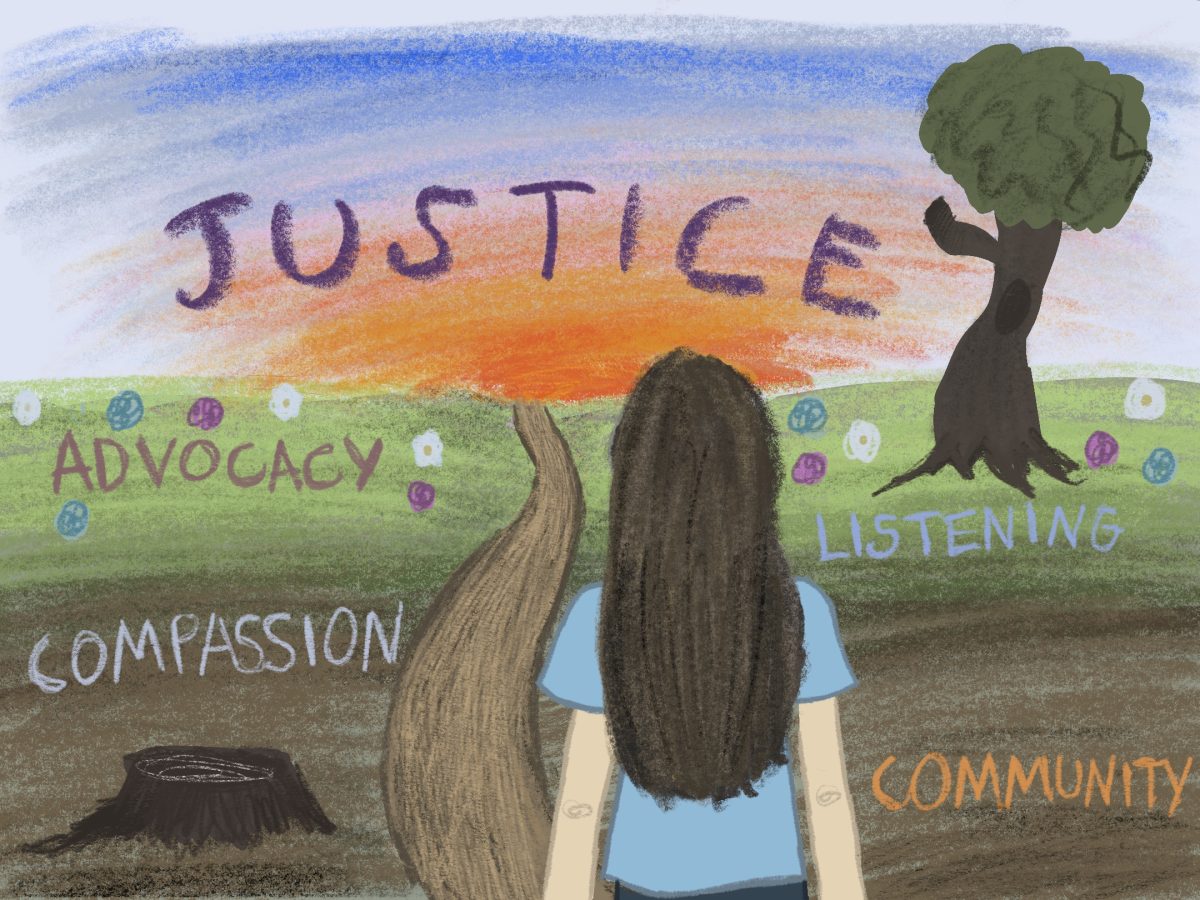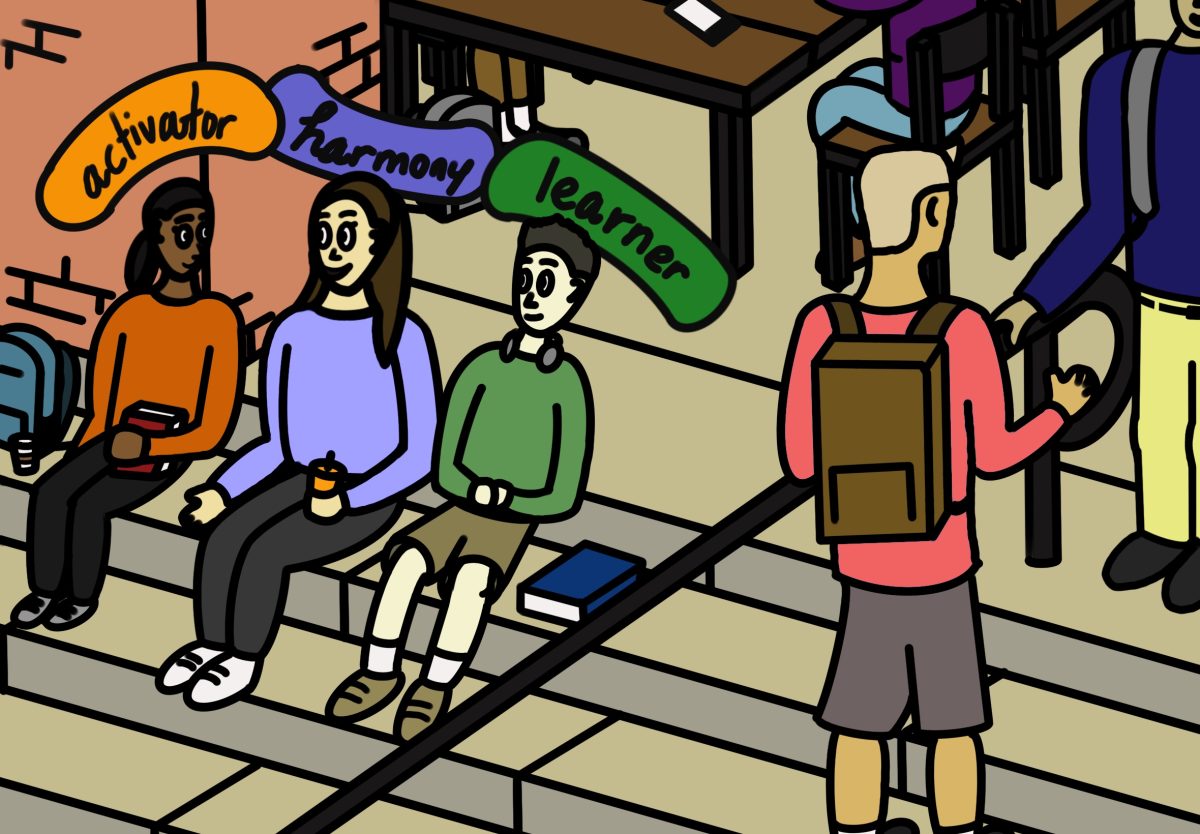Life sucks, and then you die.
If you disagree with this statement (I tend to also), then you are disagreeing with most of the works that professors and critics deem worthy of the name literature.
If you look back at the books and plays you have read and analyzed throughout English courses in high school and at Furman, you will find that there is a common thread connecting the vast majority of them: bad things happen much more often than good (or at least they are much more meaningful), and therefore a happy ending, or even just a not negative ending, is extremely unlikely. Simply put, “literature” is depressing.
While there are exceptions to this sad rule, one looks at the list of works that have been suggested for AP Literature and Composition exam open-response questions since the ‘70s, and it becomes apparent that it is full of titles that do not have very positive things to say about the human experience.
So why are the works that remind us of humanity’s bad side or the terrible, sad things that could befall us considered the “can’t-miss” reading? And what is it about a happy ending that causes it to not make the cut?
The more pessimistic, or perhaps just pragmatic, set might answer that good writers write about the human condition, and the human condition is a strife-filled, problem-laden, horrible, no-good, very bad day. I am inclined to think that most people, those who consume this literature, do not feel this way. Life may have its ups and downs, but we tend to value the good over the bad. Even if the human condition were so bleak, does it take more skill as a writer to put that negative experience into words? Does reading about those experiences edify the reader any more than would a positive occurrence?
I have read beautiful pieces of prose describing heartbreak, despondency, and even rage; I refuse to believe that the equally beautiful lines I have read detailing multiple facets of love, victory, and just plain happiness were any easier to write or produce any less meaning. I would actually deem it more difficult to correctly and movingly capture a moment of some kind of happiness. Because happiness is fleeting and so particular in its sweetness, it requires such specificity that I have to accord writers who successfully achieve it a great deal of value.
There are those who may say that works exploring darker themes are what we need to read so as to explore our own selves, that somehow it is better for us as readers. While I can agree with the former, I believe that it is just as valuable to explore the heights our human emotions can reach. There needn’t always be the archetypal fall to appreciate how great the top is. Because we experience countless trials, obstacles, and depressions in our lives, we value a work that shows more good than bad. While I can understand the cathartic attraction of reading a well-written portrayal of sadness or anger if the reader is feeling the unfavorable side of the human experience, is there not also a need for high quality portrayals of the brighter side to fulfill an emotional void? If one is indeed experiencing our previously established life-sucks-definition of the human condition, the human need for wish fulfillment would definitely benefit from the intake of literary positivity.
I am certainly not saying that the works we already respect and hold in high esteem should be less valued; I only wish to see more credence given to work that takes as its goal to in any way at all celebrate our human condition. That is also not to say that these works already exist in abundance. It may in fact be that so many authors are operating under the centuries-long conception that their work will be valued only if they explore some dark theme. Those authors who do write about more positive themes may get noticed, but it seems that usually they might hit the bestsellers list but then be sneeringly relegated to the fluff or sell-out pile by critics.
Good, worthwhile writing does not have to delve into our dark sides or the events that drive us to dark places. There is more out there, and there is more within us. I’m ready to read about it.

































